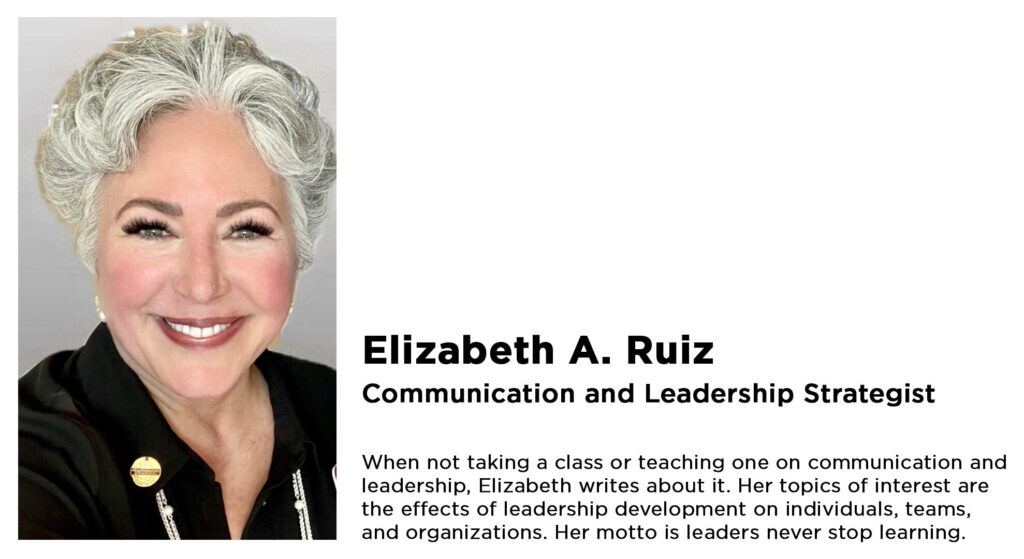The Benefits of Workplace Sponsorship for Employees
In today’s competitive business environment, employee development and retention are crucial for organizational success. One effective strategy that companies are increasingly adopting is workplace sponsorship. Unlike mentorship, which primarily focuses on guidance and advice, sponsorship involves influential leaders actively advocating for their protégés, helping them secure promotions and key opportunities. This article explores the significant benefits employees can reap from having a sponsor in the workplace.
Accelerated Career Advancement
A primary benefit of having a sponsor is accelerated career advancement. Sponsors leverage their influence and networks to advocate for their protégés, recommending them for high-visibility projects and leadership roles. This advocacy can significantly speed up career progression, allowing employees to climb the corporate ladder faster than they might on their own.
Increased Visibility and Recognition
Sponsorship provides employees with increased visibility within the organization. Sponsors often have access to high-level meetings and decision-makers, and they use this access to highlight the achievements and potential of their protégés. This enhanced visibility can lead to greater recognition and more opportunities for career advancement.
Enhanced Learning and Development
Employees with sponsors are often exposed to more challenging assignments and projects that stretch their skills and knowledge. This exposure is a crucial aspect of professional development, as it allows employees to gain experience and competencies that are essential for their career growth. Sponsors also provide valuable feedback and insights, further enhancing the learning experience.
Improved Confidence and Risk-Taking
Having a sponsor can significantly boost an employee’s confidence. Knowing that a senior leader believes in their abilities and is willing to back them can encourage employees to take on more risks and pursue opportunities they might otherwise avoid. This increased confidence can lead to greater innovation and a willingness to tackle complex challenges.
Better Networking Opportunities
Sponsors often have extensive networks both within and outside the organization. Employees can benefit from these networks by gaining introductions to influential figures in their industry, attending exclusive events, and accessing insider information about industry trends and opportunities. Networking can open doors that might otherwise remain closed.
Greater Job Satisfaction and Retention
Employees who feel supported and valued are more likely to be satisfied with their jobs. Sponsorship provides a tangible sense of support and investment in an employee’s future, leading to higher job satisfaction. Additionally, when employees see clear paths for advancement and feel that their contributions are recognized, they are more likely to stay with the company, reducing turnover rates.
Promotion of Diversity and Inclusion
Sponsorship can also play a vital role in promoting diversity and inclusion within an organization. Sponsors can advocate for talented individuals from underrepresented groups, helping to break down barriers and create a more inclusive workplace. By championing diverse talent, sponsors contribute to a richer, more innovative organizational culture.
Alignment with Organizational Goals
When sponsors align their protégés’ goals with organizational objectives, it creates a synergy that benefits both the employee and the company. Employees are more likely to be engaged and motivated when they see how their personal development aligns with the company’s mission and goals. This alignment can lead to higher productivity and a stronger commitment to the organization’s success.
Conclusion
Workplace sponsorship offers numerous benefits for employees, from accelerated career advancement and increased visibility to enhanced learning opportunities and greater job satisfaction. By fostering a culture of sponsorship, organizations can not only support their employees’ growth but also drive innovation, inclusivity, and overall success. As the business landscape continues to evolve, sponsorship will likely become an increasingly vital component of effective talent management and organizational development strategies.
Connect with Elizabeth on LinkedIn.




